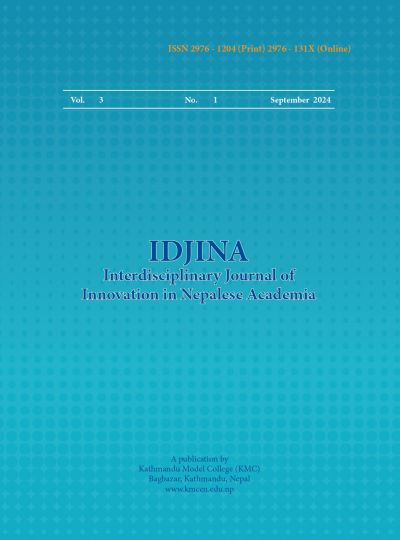Empowerment, Job Involvement, and Socio-demographic Characteristics: The Case of Part-Time Faculty Members
Keywords:
Empowerment, faculty members, job involvement, part-time, socio-demographic characteristicsAbstract
This paper aims to assess the extent of perceived empowerment and job involvement among part-time faculty members. It also examines the relationship between empowerment and job involvement among part-time faculty members and explores how socio-demographic characteristics influence the relationship between empowerment and job involvement among part-time faculty members. It uses a descriptive and correlational research design to describe the levels of job involvement and empowerment among part-time faculty members and explore the relationships between these variables and socio-demographic characteristics. A scientifically prepared questionnaire is used to collect the primary data by considering various demographic characteristics, job involvement, and empowerment of part-time faculty on 10 constituent campuses. These campuses are selected judgmentally and conveniently. In total, 200 questionnaires are distributed to the part-time faculty members of different fields, and 133 usable questionnaires are returned, thereby yielding a response rate of about 66.50 percent. The results show a very strong positive association between job involvement and empowerment. This suggests that as part-time faculty members feel more empowered, their level of job involvement also increases significantly. High empowerment, which includes having a sense of meaning and competence, self-determination, and impact, is strongly associated with high job involvement. Only marital status and education are the two most important socio- demographic characteristics that have an impact on the association between job involvement and empowerment.
Downloads
Downloads
Published
How to Cite
Issue
Section
License

This work is licensed under a Creative Commons Attribution-NonCommercial-NoDerivatives 4.0 International License.
This license allows reusers to copy and distribute the material in any medium or format in unadapted form only, for noncommercial purposes only, and only so long as attribution is given to the creator.




